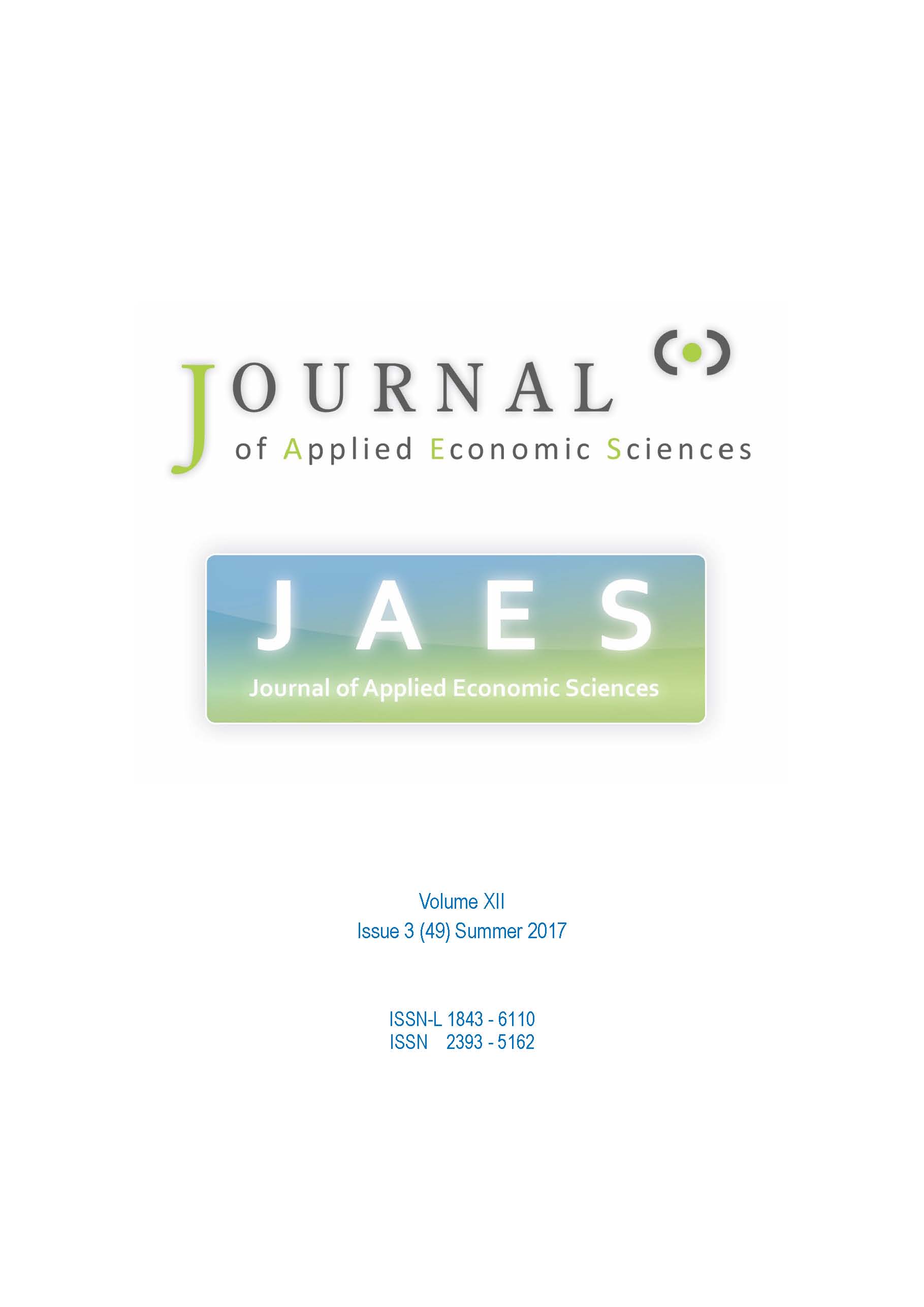The Impact of Exchange Rate Movements and Wage Levels on Foreign Direct Investment from South Korea into Bangladesh: Cost-Oriented Versus Market Oriented Industry
The Impact of Exchange Rate Movements and Wage Levels on Foreign Direct Investment from South Korea into Bangladesh: Cost-Oriented Versus Market Oriented Industry
Author(s): Md. Abdus Salam, Sunghee ChoiSubject(s): Economy, Business Economy / Management
Published by: RITHA Publishing
Keywords: exchange rate movements; wage levels; FDI, South Korea; Bangladesh; cost-oriented industry;
Summary/Abstract: This paper examines the impact of exchange rate movements on foreign direct investment (FDI) from South Korea into Bangladesh for two different industries: cost-oriented industry versus market-oriented industry. Using the unique Bangladesh FDI panel data over 1990-2015, we find that a depreciation in Bangladesh currency against Korean currency significantly increases FDI from Korea into the Bangladesh cost-oriented industry. In addition, lower wage level in Bangladesh against Korea promotes greater FDI from Korea into Bangladesh. Our results are consistent with the prediction of the conventional theory and show Bangladesh is an attractive market for Korean investors for its relatively lower production cost advantages.
Journal: Journal of Applied Economic Sciences (JAES)
- Issue Year: XII/2017
- Issue No: 49
- Page Range: 718-725
- Page Count: 8
- Language: English

